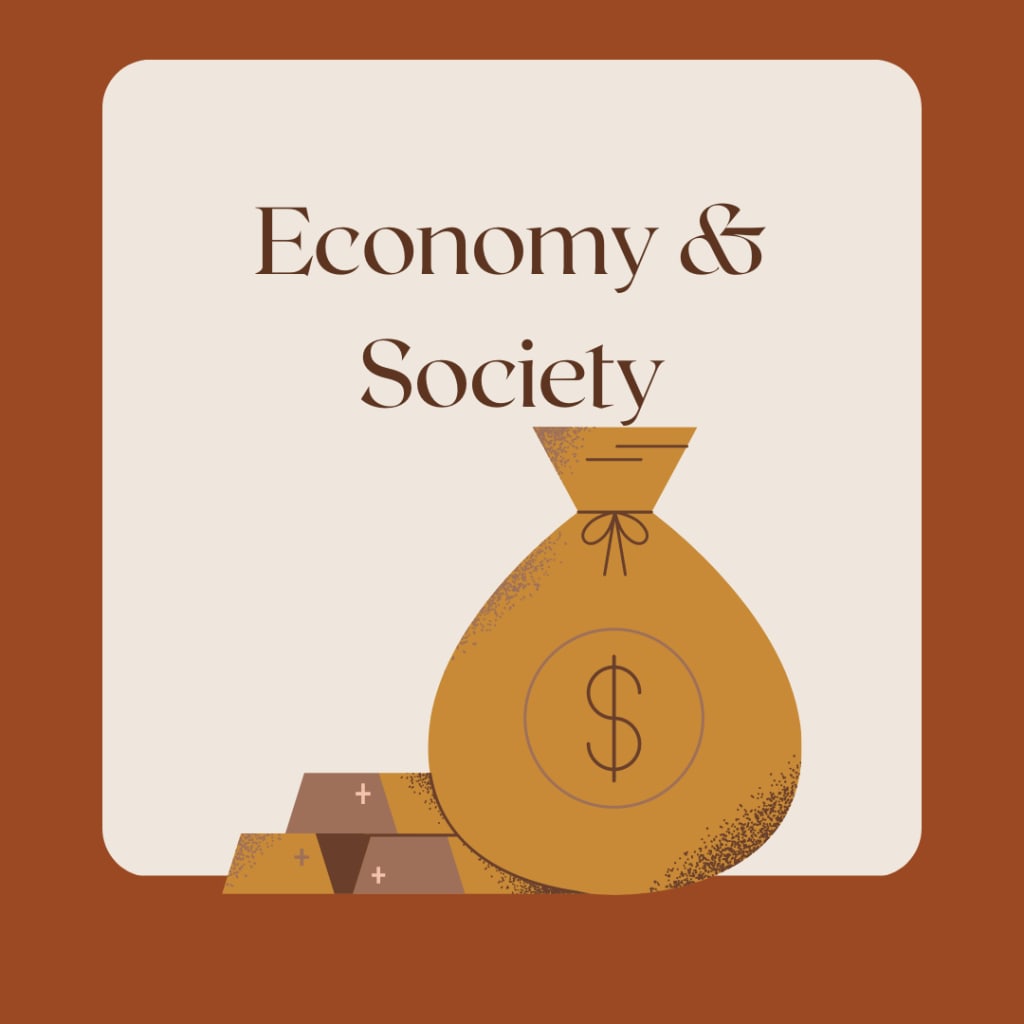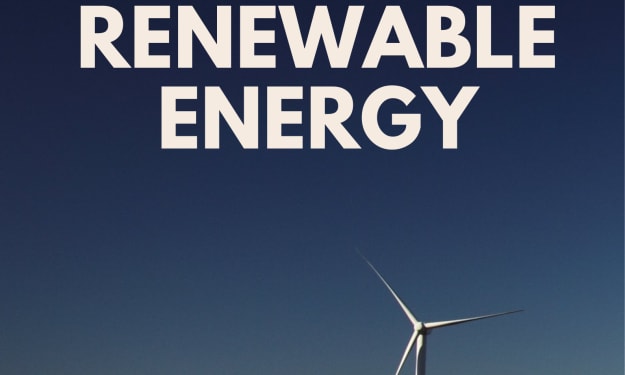The Interconnected Relationship between Economy and Society: Creating a More Equitable and Sustainable Future
Exploring the Roles of Government, Businesses, and New Economic Models in Promoting Social and Environmental Goals

The economy and society are two interconnected concepts that influence each other in numerous ways. The economy comprises the production, distribution, and consumption of goods and services, while society refers to the network of individuals, groups, and institutions that make up a community. In this article, we will explore the relationship between the economy and society and how they impact each other.
The economy and society have a complex and dynamic relationship. The economy is shaped by societal factors, such as cultural values, social norms, and political institutions. At the same time, the economy has a profound impact on society, influencing everything from social mobility to the distribution of wealth and power.
One of the most significant ways that the economy impacts society is through employment. Employment is a crucial aspect of society, as it provides individuals with a means of earning a living and contributing to their community.
The economy influences the availability of employment opportunities, the types of jobs available, and the wages and benefits associated with those jobs. In turn, employment has a profound impact on social mobility, quality of life, and well-being.
Another way that the economy impacts society is through the distribution of wealth and power. The economy influences the distribution of wealth through factors such as taxation, public spending, and economic policies. This, in turn, affects the distribution of power within society, as those with greater wealth and resources often have greater political influence.
The relationship between the economy and society is not one-way, however. Society also shapes the economy in significant ways. For example, cultural values and social norms can influence consumer behavior and demand for certain goods and services. Political institutions and public policies can also shape the economy, influencing everything from trade and investment to labor laws and environmental regulations.
The interconnection of economy and society is not always positive, however. Economic inequality, for example, is a significant social issue that is closely linked to the economy. In many countries, wealth and income inequality have increased significantly in recent years, with the top 1% holding a disproportionate amount of wealth and power. This has led to social and political unrest, as well as a growing recognition of the need for more equitable economic systems.
In conclusion, the relationship between the economy and society is complex and multifaceted. The economy impacts society in numerous ways, including employment, wealth distribution, and political power. At the same time, society also shapes the economy through cultural values, social norms, and political institutions. As we navigate the challenges of the 21st century, it is crucial to recognize the interconnection of these two concepts and work towards creating a more equitable and sustainable society.
Creating a more equitable and sustainable society requires a coordinated effort from both the private and public sectors. Governments have a crucial role to play in ensuring that economic policies and regulations are in line with social values and goals. For example, governments can promote social mobility by investing in education and training programs, implementing progressive taxation policies, and regulating labor markets to ensure fair wages and working conditions.
The private sector also has an essential role to play in creating a more equitable and sustainable society. Businesses can contribute to social goals by implementing fair labor practices, investing in local communities, and adopting sustainable business practices. Furthermore, businesses can use their influence to advocate for policies that promote social and environmental justice.
In recent years, there has been a growing recognition of the need for a more equitable and sustainable economy. This has led to the emergence of new economic models and initiatives that prioritize social and environmental goals. For example, the circular economy is a model that seeks to minimize waste and promote resource efficiency, while social impact investing is a growing trend that aims to create positive social and environmental outcomes through investment.
In conclusion, the relationship between the economy and society is complex and interdependent. The economy impacts society in numerous ways, including employment, wealth distribution, and political power, while society also shapes the economy through cultural values, social norms, and political institutions.
Creating a more equitable and sustainable society requires a coordinated effort from both the private and public sectors, with a focus on promoting social and environmental goals. By working together, we can create a more just and sustainable economy that benefits everyone





Comments
There are no comments for this story
Be the first to respond and start the conversation.